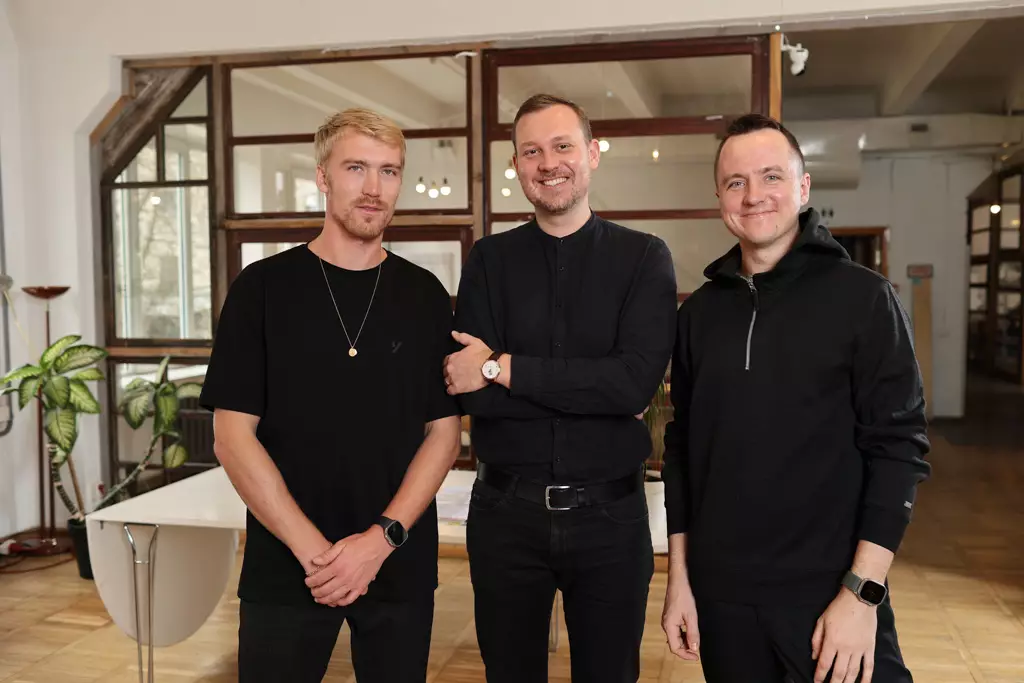In today’s rapidly evolving technological landscape, product engineering faces unprecedented challenges. As industries develop increasingly sophisticated products ranging from autonomous vehicles to intricate medical devices, the demand for accurate digital simulations has surged. Traditional software solutions, such as those offered by industry giants IBM and Dassault, are often not keeping up with the pace of innovation necessary to meet the challenges posed by modern engineering demands. This gap has opened the door for disruptive startups leveraging generative AI to enhance product development processes.
Among the vanguard of these innovative startups is Trace.Space, a company emerging from Riga, Latvia. Not only does Trace.Space aim to simplify the engineering design process, but it also endeavors to improve collaboration between manufacturers and suppliers through a cloud-based platform. With Western manufacturers striving to remain competitive against their Asian counterparts, the urgency to streamline product development through advanced tools has never been greater. Recent entrants like Luminary and Dessia Technologies further illustrate this trend, as they harness AI to automate previously cumbersome engineering tasks. These platforms aim to minimize development timelines and enhance productivity in an increasingly global marketplace.
Trace.Space is specifically tailored to facilitate the design of complex products within the realms of electric vehicles, robotics, semiconductors, satellites, and medical devices. Janis Vavere, the co-founder and CEO, emphasizes the shortcomings of legacy software systems which were primarily designed for simpler challenges. According to Vavere, traditional engineering tools have not evolved to meet today’s complexity, often relying on outdated on-premises installations that hinder efficiency. By shifting to a cloud basis, Trace.Space allows for real-time collaboration, helping teams adapt quickly and sustainably to changing requirements.
What sets Trace.Space apart from its competitors is its sophisticated use of AI technologies. Rather than merely enhancing traditional processes, the platform integrates advanced AI models, including Llama and components of OpenAI’s language models, to provide more insightful data analysis and decision-making capabilities. By integrating AI in its core architecture, Trace.Space not only accelerates the prototyping phase but also improves the overall quality of product designs. This modern AI-driven approach represents a meticulous blend of cutting-edge technology with a design philosophy that acknowledges the increasing intricacy of modern products.
The founders of Trace.Space bring a wealth of experience from previous roles in high-tech environments. Vavere’s background includes leadership roles at Jama Software and Lokalise, equipping him with a deep understanding of both engineering and operational needs within software development. His co-founders, Mikus Krams and Karlis Broders, complement this expertise, having extensive experience in implementing software solutions in large-scale projects. Their diverse backgrounds underscore the comprehensive approach Trace.Space adopts in addressing today’s product engineering challenges.
The landscape of product engineering is poised for a significant transformation as companies like Trace.Space leverage the power of AI and cloud technology. With increasing complexity in product design, the adoption of innovative solutions has become essential. As the engineering community embraces these advancements, it sets the stage for remarkable growth and adaptability in industries faced with relentless competition and regulatory pressures. The future looks promising for AI-driven platforms committed to redefining what is possible in product development.

